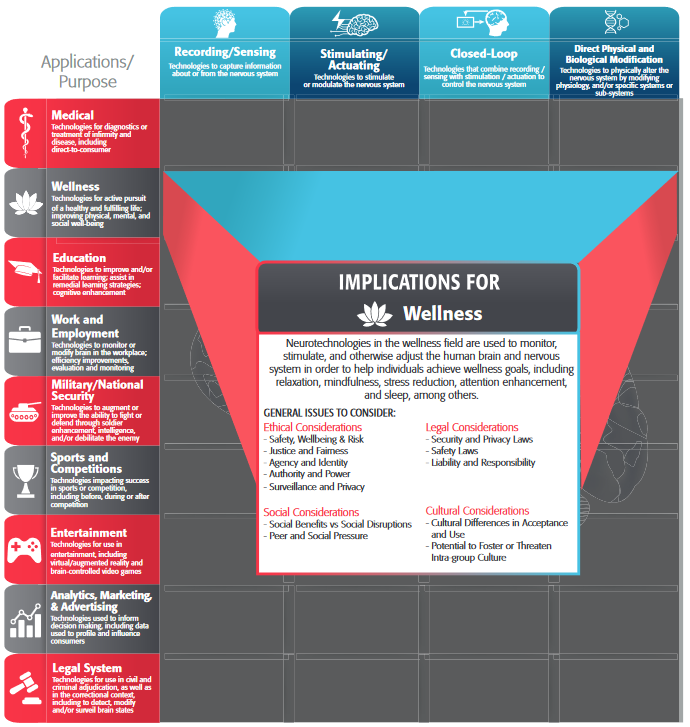With Paul Sajda, Professor of Biomedical Engineering, Electrical Engineering and Radiology (Physics) at Columbia University, and Jacob Robinson, Associate Professor in Electrical & Computer Engineering and Bioengineering at Rice University, and an Adjunct Associate Professor in Neuroscience at Baylor College of Medicine. In this session, we address key challenges and technological advances in neuroscience to treat movement disorder and neurological …
IEEE Brain Neurotech Entrepreneurs Workshop
Presentations and workshops in the areas of ideation, market analysis, customer and stakeholder analysis, intellectual property, regulatory affairs, reimbursement, valuation, and fundraising are designed to give you the foundation for commercializing your neurotechnology innovations.
IEEE Brain Initiative Workshop on Advanced Neurotechnologies in San Diego
Michel Maharbiz, professor with the Department of Electrical Engineering and Computer Science at the University of California, Berkeley, presents his keynote talk at the 2018 IEEE Brain Initiative Workshop on Advanced NeuroTechnologies, “Recent Advances in the Neural Dust Platform: Can we target many motes, deep in the brain and through the skull?”
IEEE Technology Time Machine 2016 – Making the Future Brain Panel: The Future of Brain-machine Interfaces
Moderator Paul Sadja introduces the Brain Panel, which covers the future of brain-machine interfaces from technological challenges to philosophical consequences. Panelists include Jack Gallant, James Kozlowski, and Jan Rabaey. Presentations follow.
IBM Neuroscience – Computing, Brain Health, and Cogniton
James Kozloski, Ph.D., Research Staff Member, Master Inventor, IBM Research Division, Thomas J. Watson Research Center, speaks about the Future of Neuroscience: Converging Trends in Methods in his talk entitled, “Computing, Brain Health and Cognition”.
What the Ultimate Brain-Machine Interface Looks Like
Jack Gallant, Chancellor’s Professor of Psychology at the University of California, Berkeley, explores what the ultimate brain-machine interface (BMI) looks like while drawing on history as inspiration. Discussing the quality and accuracy of measurements versus computer power lays the basis of Gallant’s perspective on coding and decoding the data.
The Relationship Between homo sapiens and Technology
Jan Rabaey, Ph.D., Professor, UC Berkeley, Scientific Co-Director BWRC, and Director, Ubiquitous Swarm Lab, speaks about the brain in relation to the relationship of homo sapiens and technology, which he addresses as “Homo Technologicus”. Rabaey reviews examples of current extensions of our human body and how living in a ‘smart’ world makes us more dynamic and explains the forth-coming “human …


